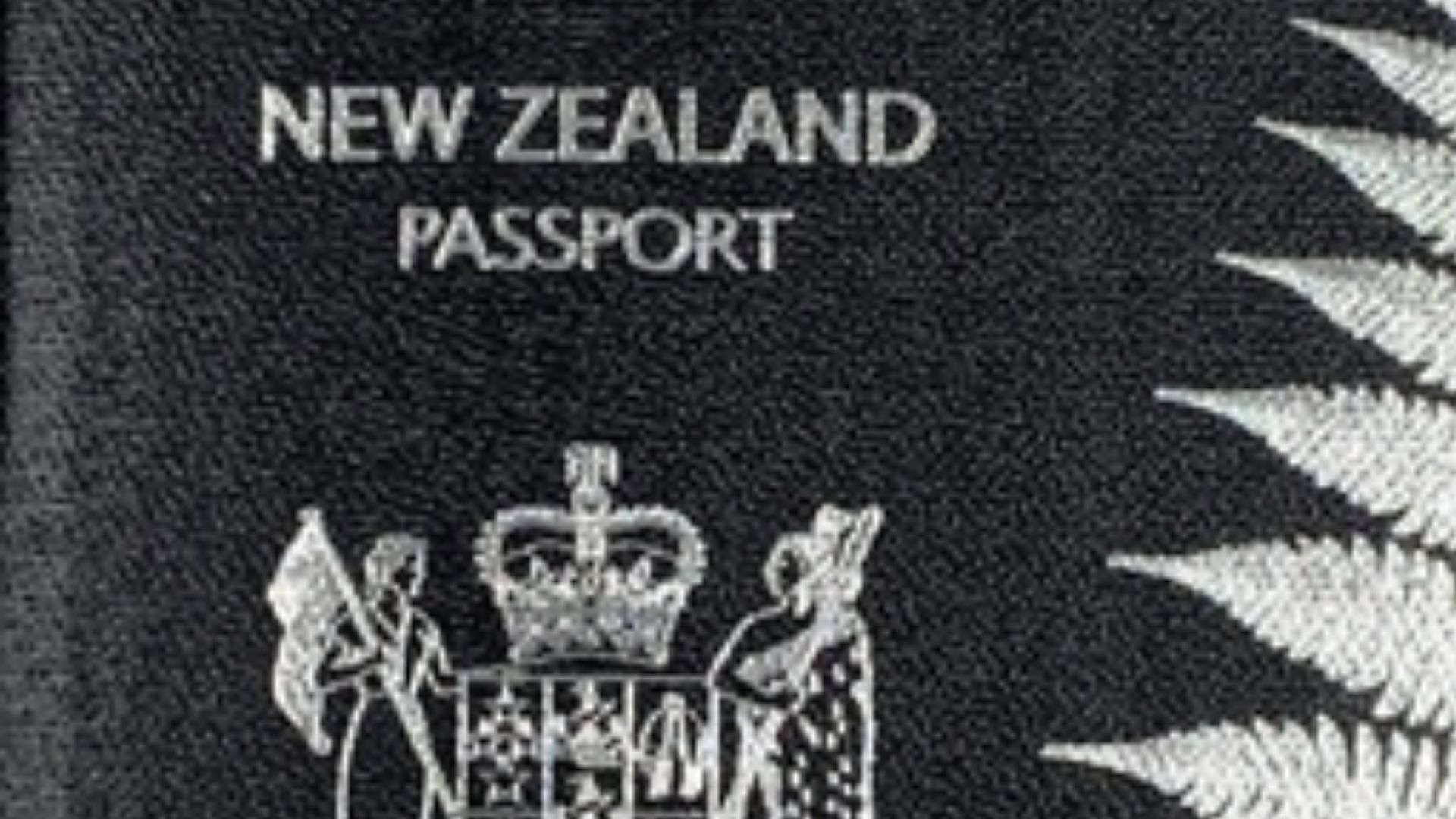Lifestyle
New Zealand Passport Ranks Sixth Globally in Mobility Index

The latest Henley Passport Index has ranked the New Zealand passport as one of the most powerful in the world, sharing a commendable sixth place. Released in mid-October, the 2025 index reveals that New Zealand citizens enjoy visa-free access to an impressive 186 destinations. This positions New Zealand alongside countries such as Greece, Hungary, Norway, Portugal, and Sweden.
Global Mobility Rankings Highlight Disparities
The Henley Passport Index evaluates 199 passports and 227 travel destinations to assess global mobility. Despite New Zealand’s strong ranking in absolute terms, the country faces challenges in terms of passport openness. New Zealand ranks 73rd in this category, sharing the position with Benin, Ghana, and Guyana. This indicates that although New Zealanders can travel to many countries without a visa, only 61 nations grant visa-free access to holders of New Zealand passports.
Experts suggest this trend is consistent with observations in other developed countries, including Australia, Canada, the United States, and Japan. These insights were reported by 1News, highlighting the complexities of international travel dynamics.
Globally, Singapore maintains its position at the top of the index, providing its citizens with visa-free access to 193 destinations. South Korea follows closely with access to 190 locations, while Japan ranks third with 189 destinations. Just below New Zealand, Australia shares seventh place with Czechia, Malta, and Poland, each scoring 185.
At the opposite end of the scale, Afghanistan continues to hold the lowest rank, with access limited to just 24 destinations. Syria and Iraq follow with access to 26 and 29 destinations, respectively.
Shifts in Global Passport Strengths
A notable development this year is the decline of the United States passport, which has fallen outside the top 10 for the first time, now sharing 12th place with Malaysia, both with a score of 180. Once considered the strongest passport globally in 2014, the United States has experienced a significant drop amid changing global travel dynamics and reduced reciprocity.
Dr. Christian H. Kaelin, chairman of Henley & Partners and the index’s creator, commented on the US ranking, stating that it “signals a fundamental shift in global mobility and soft power dynamics.” He emphasized that countries that prioritize openness and cooperation are making notable strides, while those relying on historical advantages are lagging.
Annie Pforzheimer, a senior associate at the Centre for Strategic and International Studies, attributed the declining strength of the US passport to internal political shifts. “Even before a second Trump presidency, US policy had turned inward. That isolationist mindset is now being reflected in America’s loss of passport power,” she remarked.
The United Kingdom also experienced a drop, reaching its lowest-ever position at joint eighth place with a score of 184. Meanwhile, China has emerged as a significant climber over the past decade, advancing from 94th place in 2015 to 64th in 2025. Dr. Tim Klatte of Grant Thornton China noted that this improvement signifies “significant geopolitical implications” and reflects the nation’s growing engagement on the global stage.
The Henley Passport Index, released quarterly, is widely regarded as a crucial benchmark for global mobility. It serves as a major indicator of countries’ diplomatic relations, international cooperation, and soft power influence, illustrating the evolving landscape of global travel.
-

 World3 months ago
World3 months agoTest Your Knowledge: Take the Herald’s Afternoon Quiz Today
-

 Sports3 months ago
Sports3 months agoPM Faces Backlash from Fans During Netball Trophy Ceremony
-

 Lifestyle3 months ago
Lifestyle3 months agoDunedin Designers Win Top Award at Hokonui Fashion Event
-

 Sports3 months ago
Sports3 months agoLiam Lawson Launches New Era for Racing Bulls with Strong Start
-

 Lifestyle3 months ago
Lifestyle3 months agoDisney Fan Reveals Dress Code Tips for Park Visitors
-

 Health3 months ago
Health3 months agoWalking Faster Offers Major Health Benefits for Older Adults
-

 World4 months ago
World4 months agoCoalition Forms to Preserve Māori Wards in Hawke’s Bay
-

 Politics3 months ago
Politics3 months agoScots Rally with Humor and Music to Protest Trump’s Visit
-

 Top Stories4 months ago
Top Stories4 months agoUK and India Finalize Trade Deal to Boost Economic Ties
-

 Entertainment3 months ago
Entertainment3 months agoExperience the Excitement of ‘Chief of War’ in Oʻahu
-

 World4 months ago
World4 months agoHuntly Begins Water Pipe Flushing to Resolve Brown Water Issue
-

 Science3 months ago
Science3 months agoNew Interactive Map Reveals Wairarapa Valley’s Geological Secrets







